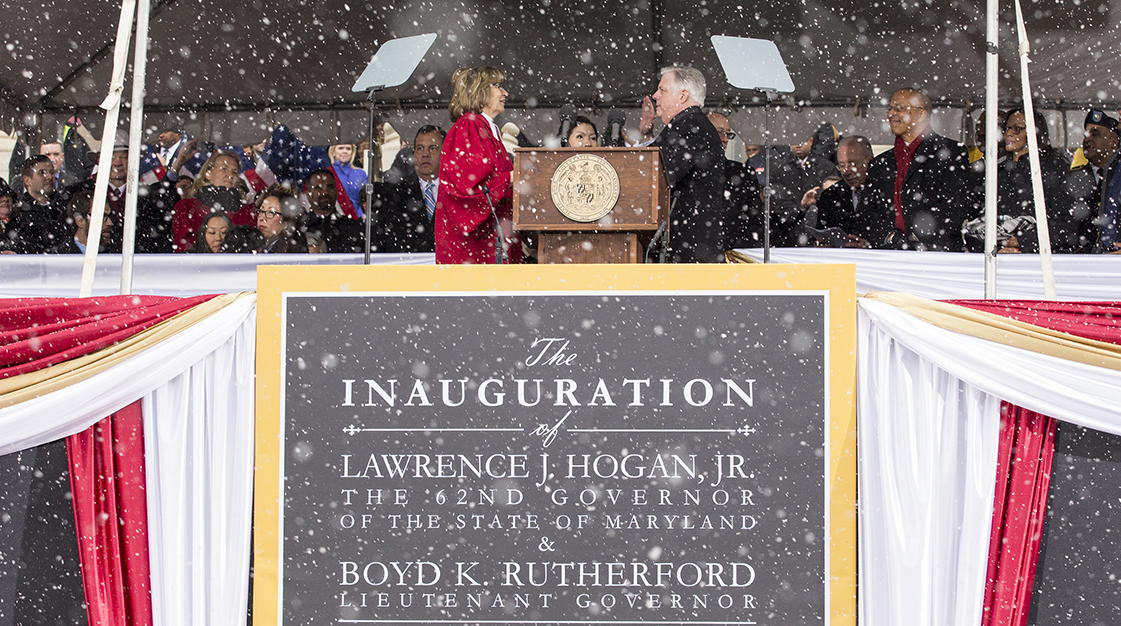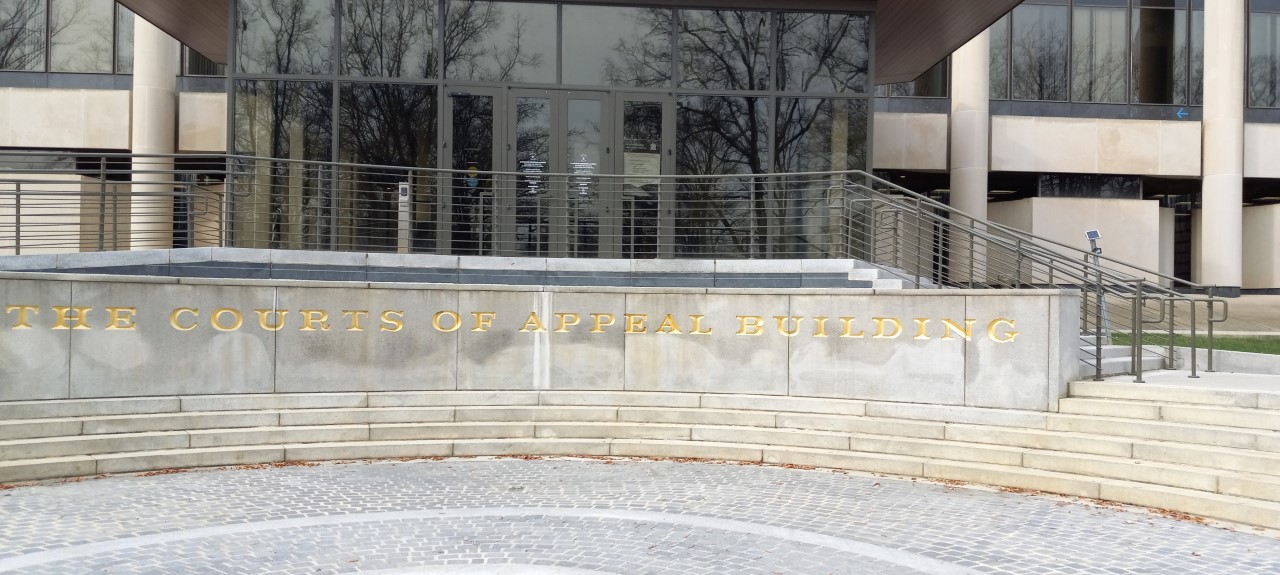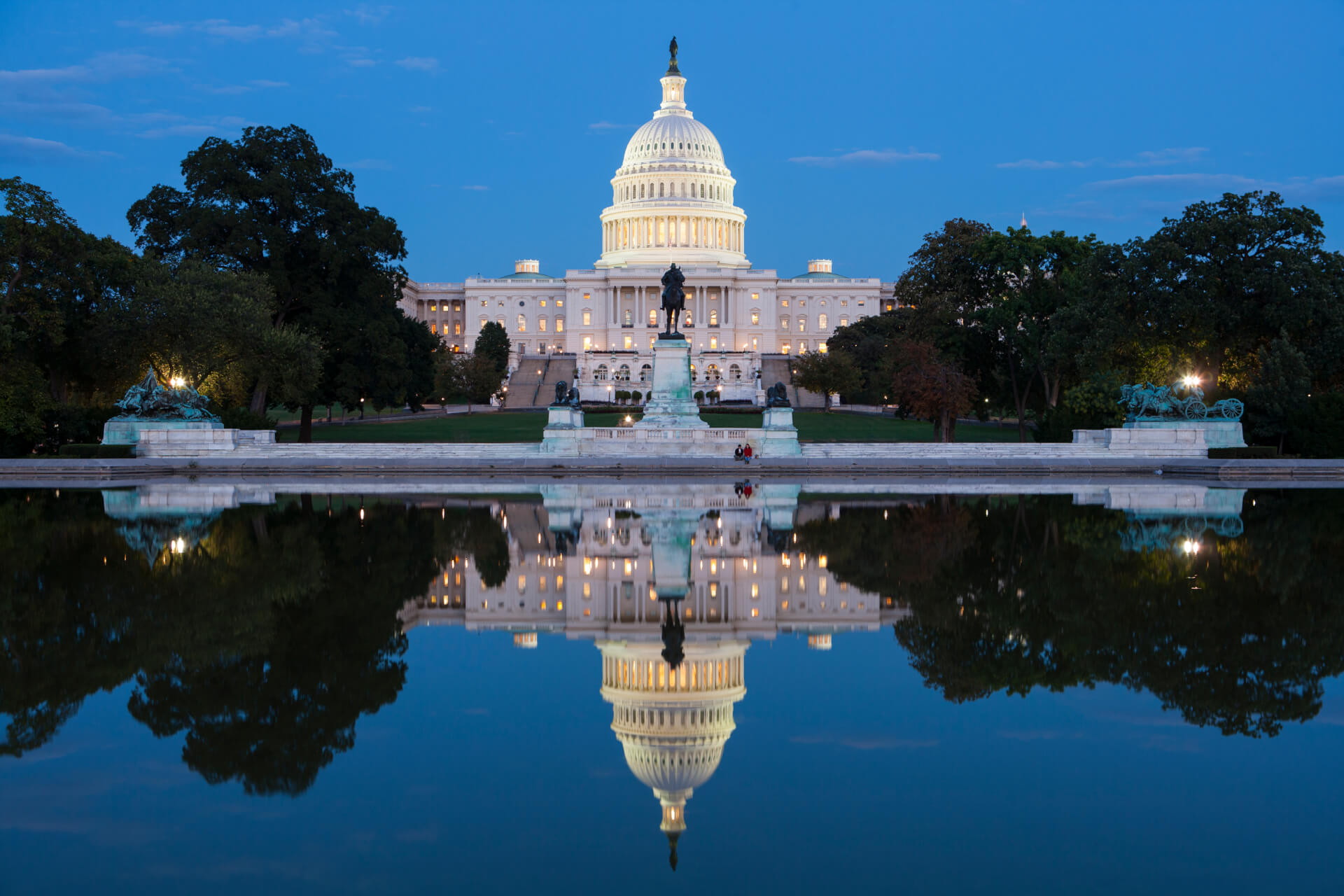After months of delay, the Maryland Court of Appeals released twin administrative orders Friday afternoon directing that applicants for the Maryland Bar may either proceed with the virtual exam scheduled for October or apply to temporarily practice without a law license.
The court’s decision, announced by Chief Judge Mary Ellen Barbera, came after hundreds of pages of public opinion arguing both sides of the debate were sent to the Court of Appeals earlier this week.
Bar applicants who have registered to take the October online exam but would prefer to opt-out have the ability to apply for “Temporary Special Authorization” to practice law in the state. This is not an outright admittance to the Maryland Bar.
Those who choose to follow through with the 2020 bar exam online will be tested on Oct. 5 and 6.
In-person testing locations will be made available for applicants with disabilities, and the State Board of Law Examiners is working with institutions to try to accommodate test-takers who will not have a quiet place to take the online test.
According to the order to administer the test, applicants are responsible for the malfunction of their test-taking equipment, including computers, “before, during, or after the administration of the remote bar examination.”
In order to apply for the authorization, bar applicants who have not withdrawn their notice of intent to take the uniform bar exam must apply for temporary supervised practice to the State Board of Law Examiners by Sept. 21, demonstrating that they have met the educational and character requirements to take the bar exam and was awarded or eligible to receive their Juris Doctorate. They must also agree to read and adhere to the Maryland Attorneys’ Rules of Professional Conduct.
Another key part of securing this temporary license is having a supervising attorney.
In order for an applicant to be authorized to practice, they must identify and submit the declaration of their supervising attorney to the board.
According to the directive, this declaration must confirm that the supervising attorney or their firm is the employer of the applicant, accept responsibility for the applicant’s professional work and direct supervision, confirm joint responsibility for their clients, review and sign all legal documents written by the applicant and ensure that themselves or a designated attorney is present when the applicant appears in court.
Supervising attorneys must be actively practicing law in the state, and must have done so for a minimum of five years. Additionally, supervising attorneys cannot have been suspended, disbarred or be facing pending disciplinary matters.
Supervising attorneys may be responsible for up to two special authorization applicants. Should they feel their specially authorized colleague does not meet the standards of the bar or should be terminated, they are required to alert the board within three days.
People granted temporary special authorization are “under no circumstances” allowed to practice law on their own, but in certain circumstances may appear in court without a senior colleague.
These scenarios include:
- Civil juvenile and family law cases argued in the state’s district and circuit courts if their client assents to the supervising attorney’s absence in writing.
- Hearings for non-felony criminal cases if their client consents to the supervising attorney’s absence in writing; supervising or designated attorneys are mandated to be present during trial
- Cases argued on behalf of the state in both the district and circuit courts if the supervising attorney has provided written approval
Judges still maintain the ability to require supervising attorneys to be present in any of those scenarios.
When the State Board of Law Examiners has determined that an applicant has met the requirements, they will take an oath to ensure that they will adhere to “support, protect and defend” both state and federal laws.
Applicants for temporary special authorization should know if they were approved by Dec. 1. They would have to take the regular bar exam by February of 2022.




 Creative Commons Attribution
Creative Commons Attribution